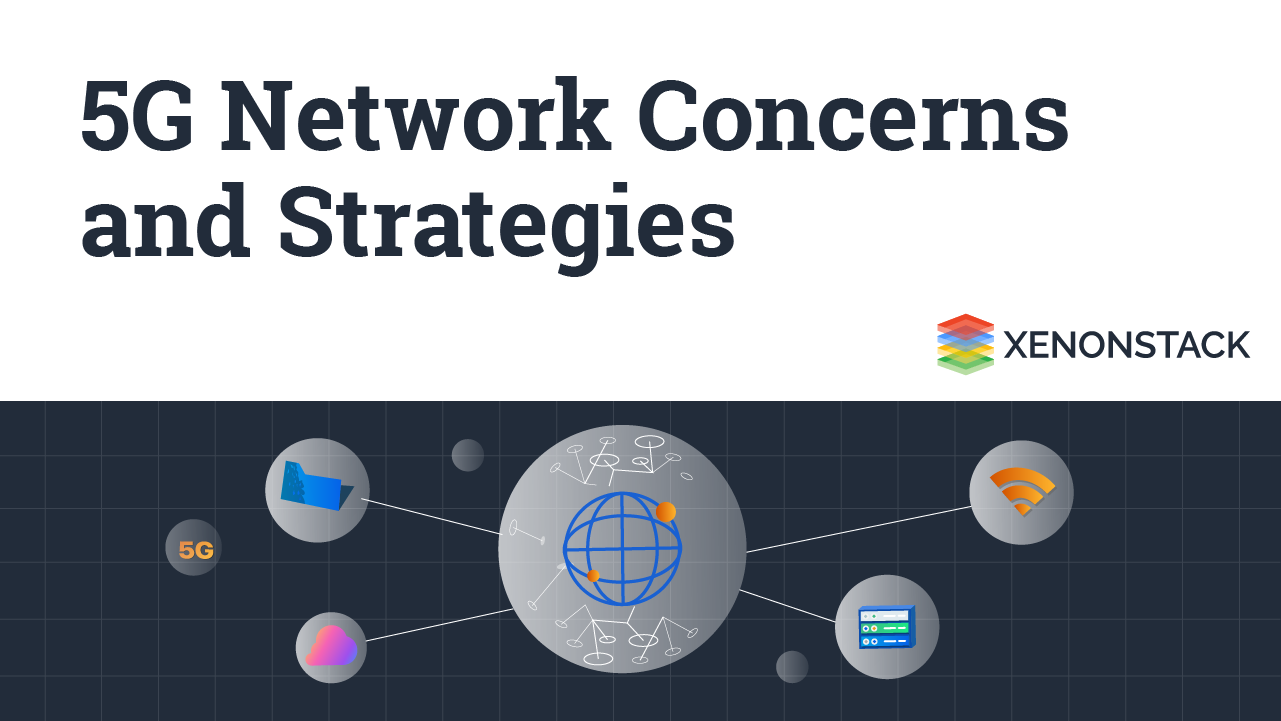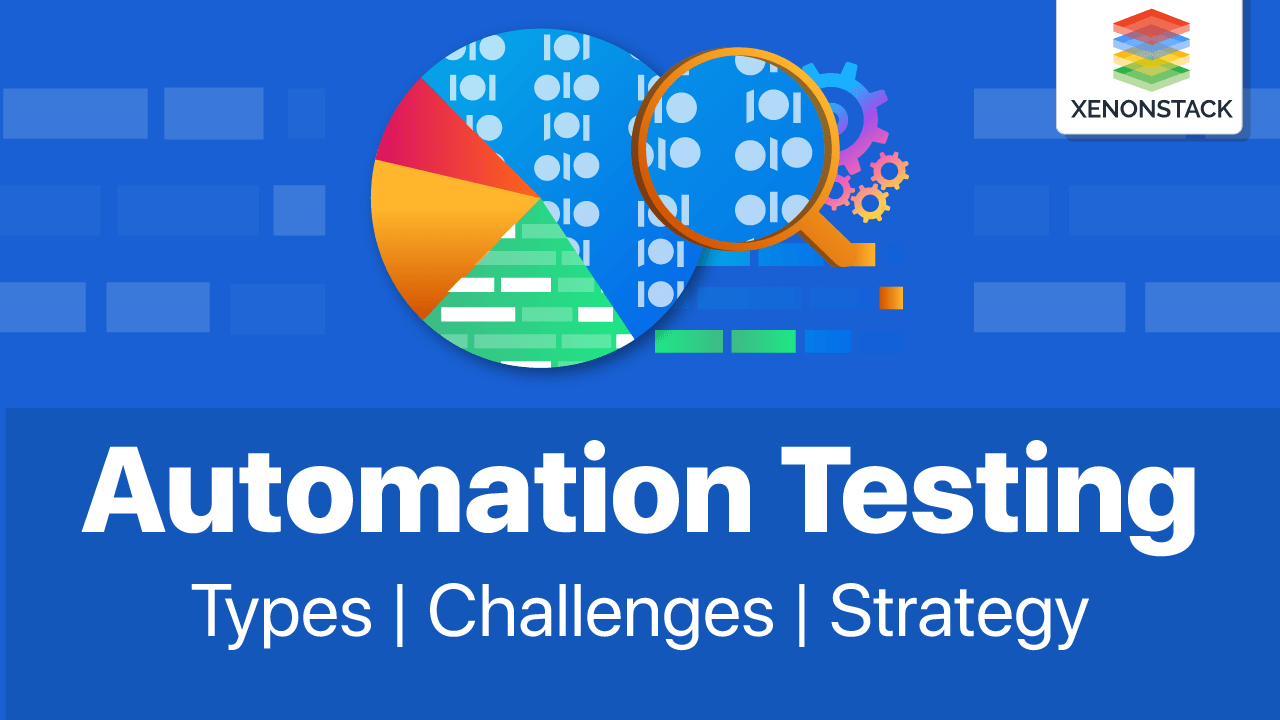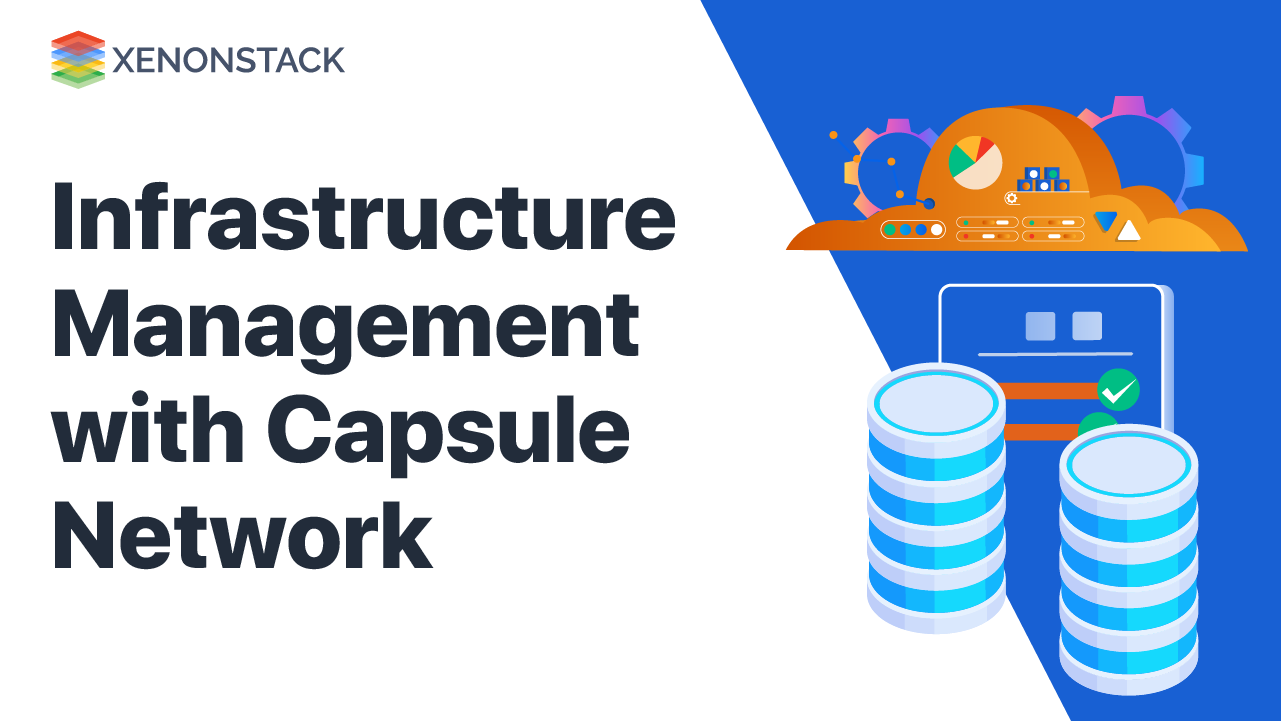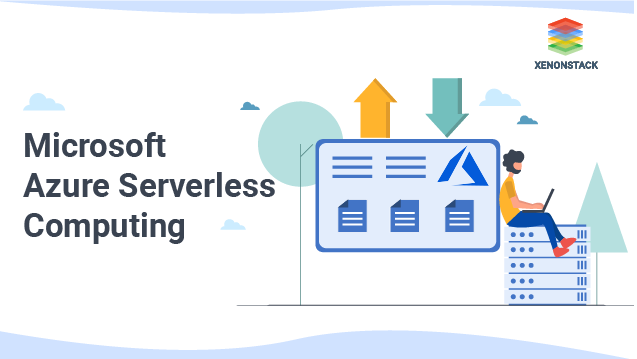
Serverless Computing: Introduction
Serverless computing enables users to build their applications faster by removing the need for them to handle the infrastructure. When you use this technology, you can take your mind off of things that are related to infra. It is beneficial for managing real-life apps too. Server Computing as a whole is invisible to the user, but it does it's task efficiently. User has to pay only for the resources he consumes while running the application, that means users does not pay when the app is idle.What Serverless Computing does?
Before we start with Microsoft Azure Serverless Computing, we start with basics so what is Serverless Computing? It is quite an excellent way to create your application using it. It's of great help to the developers as it allows the user to innovate the code, whereas Serverless computing takes care of everything related to servers. It can accommodate any flexibility to keep the needs of developers fulfilled.Read More about What is Serverless Computing and Architectures
Which are the Best Servers in Serverless Computing?
The given below are the best servers for serverless computing:- AWS Lambda: AWS Lambda first introduced in November 2014. It is an event-driven, serverless computing platform developed by Amazon.com as a part of Amazon Web Services. AWS is a computing service that runs code in response to events and automatically manages the computing resources required by that code.
- Microsoft Azure: Microsoft Azure, mostly referred to as Azure. It is a cloud computing service developed by Microsoft for testing, building, deploying, and managing applications and services through Microsoft-managed data centres.
What's the Benefit of using Serverless Computing?
Listed below are the top benefits of Serverless Computing:-
Avoid the burden of indulging into managing servers.
With the help of this technology, you no more have to waste time managing servers; this helps in devoting more time to business logic than administrative tasks. So this simply results in deploying code and watch it running efficiently. -
Scale according to your needs
It can scale from none to thousands of concurrent functions within seconds, this helps a great deal in near-real-time apps. -
Only pay for resource you use
This computing allows you to pay for the services which you've used by running your code, allocation of the services happens as soon as the deployment finishes. You pay only for the resources used by your app
Why choose Azure Serverless Computing?
It helps the user build a serverless app and helps the developer focus only on business goals and make an efficient app and allows them to deploy the app faster in the market.-
Helps Boost Productivity
Azure Serverless Computing provides Local debugging in Visual Studio, Visual debug history, deployment slot and many more. A developer can use these all things to maximize their efficiency. -
Helps Creating Endless Connections
Azure can accommodate Modern apps of any kind by stitching together many functionalities from various source. -
Helps Developing Intelligent Apps
Azure has built-in intelligence that helps all the developers that want their app to be smart. Azure can easily enable the user's code into machine learning and cognitive services.
Other Benefits with Azure
1. Compute
Azure allows a developer to write their code in the programming language of their choice without them worrying about the servers.2. Storage
Azure provides app developers with durable and scalable cloud storage for their application.3. Database
Azure Cosmos DB lets your serverless app use the Database. It replicates the data of the app and provides the services to the users of the app4. Security And Access Control
Azure Active Directory provides the developers using it to gain access to resources securely and manage their serverless app.Few more benefits are as follows
- Cloud Messaging
- Workflow orchestration
- API management
- Analytics
- Intelligence
Microsoft Azure Serverless Architecture
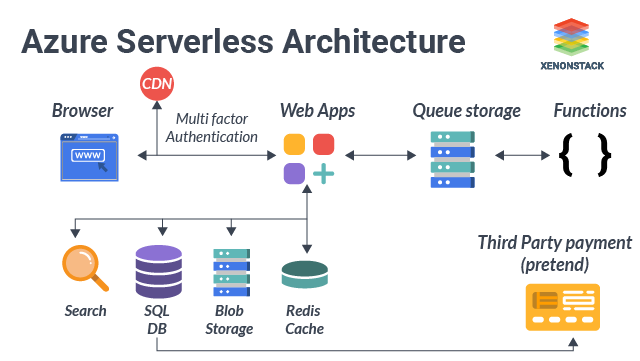
What are the Advantages of Azure Serverless Computing?
Below given are the advantages of Microsoft Azure:1. Increase developer velocity
Azure Serverless helps reduce the time spent on tasks not related to the core of the business by allowing developers to not think much about the infrastructure provisioning and the management. It helps deploy the function/application faster with the help of its developer-friendly APIs, ready to use machine learning, low-code/no-code services and cognitive models.2. Boost Team Performance
It helps improve the agility and the performance of the team with the help of fully managed platform it offers to build, deploy and operate applications. It also helps manage the applications by intelligent services provided by the Azure for monitoring and analysis tools.3. Improve Organisational Impact
Azure helps accelerate time to market by the solutions provided by it; it helps clear the path to innovation and new revenue opportunities. It also helps reduce the total cost for infrastructure and ownership and helps to minimize risk with the help of intelligent security management and advanced threat protection.Must Read - A Complete Guide to Google Cloud Platform Serverless Computing
Developer Tools and Services Provided by Microsoft Azure
Listed below are the Tools and services offered by Azure.1. Computation Services
- Serverless Kubernetes
- Serverless functions
- Serverless Application Environments
2. Workflow and Integration
- Serverless Workflow Orchestration
- Serverless API Management
- Serverless Messaging

Enable DevOps Solutions on Azure using Azure Pipeline, Azure Artifacts. Explore our Azure DevOps Services
3. DevOps and Developer Tools
- CI/CD for Serverless
- App Development Tools
4. AI & Machine Learning for Serverless
It helps to enable user's serverless apps to see, hear, speak, understand and interpret the needs of the users by using Azure Cognitive Services through natural methods of communication. Azure Bot Service helps build intelligent bots that interact naturally with the users through its various channels like text/SMS, Skype, Microsoft Teams, Slack, Office 365 and Twitter, among many. One can deploy models on Azure Machine Learning from cloud to edge.5. Database Services
- Azure Serverless Database
6. Storage Services
- Azure Serverless Storage
7. Monitoring Services
- Azure Serverless Monitoring
8. Analytics Serverless
- Azure Serverless Analytics
Explore here - The Complete Guide to AWS Serverless Computing
AWS Vs Azure Serverless
Listed below are the five main difference between AWS Serverless Vs Microsoft Azure Serverless.1. Supported Language
AWS Lambda supports more languages than Azure, but both serverless service providers are expanding the scope by including more and more words.2. Execution Time per Request
AWS takes 900 seconds to execute a request whereas Azure takes 300 sec as default which is upgradable up to 600 sec.3. Functions
There is no limit in both aws and Azure for providing a particular number of functions. There is no limit on the maximum number of functions.4. Scalability and Availability
AWS Lambda provides with automatic scalability whereas Azure requires manual or metered scaling or sub-second automatic scaling (Consumption Plan)5. Cost
AWS charges for full provisioned memory capacity where Azure measure actual average consumption of executionsConclusion
Microsoft Azure Serverless Computing delivers more value to the businesses by reducing the time, money and resources spend on infra related needs. By using fully managed azure serverless solutions, the business gets developers increased productivity, optimal use of resources and a faster pace of innovation.
What's Next?
- Quick Read, The Guide to Serverless Security
- Learn About, How to Build Serverless Applications on Azure?
